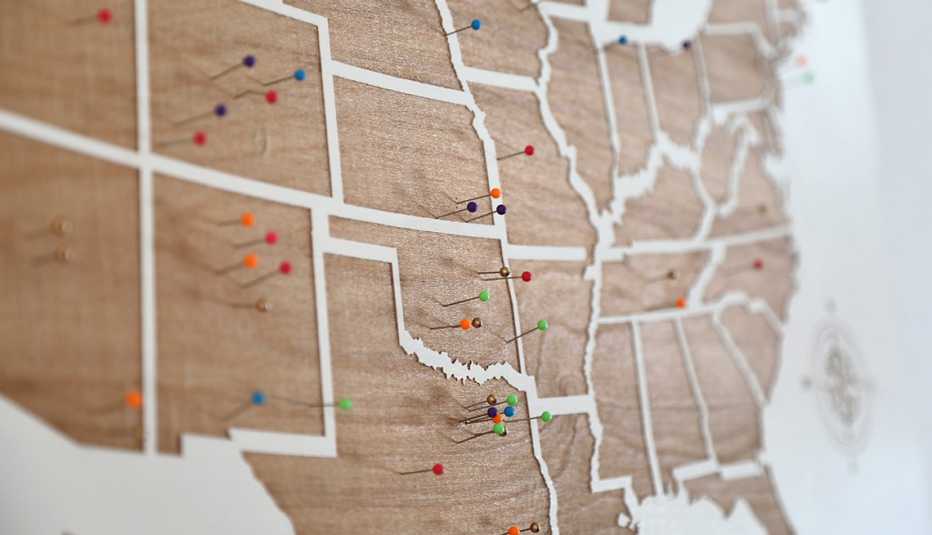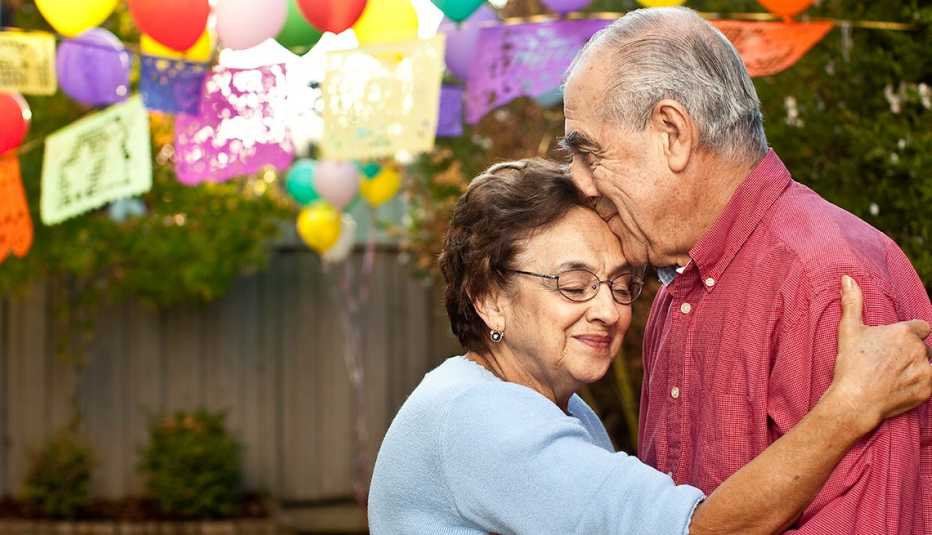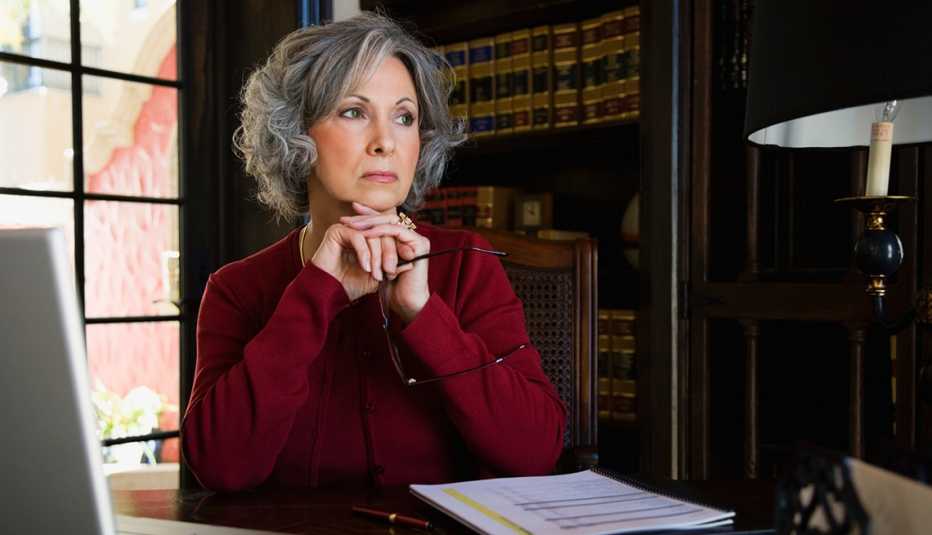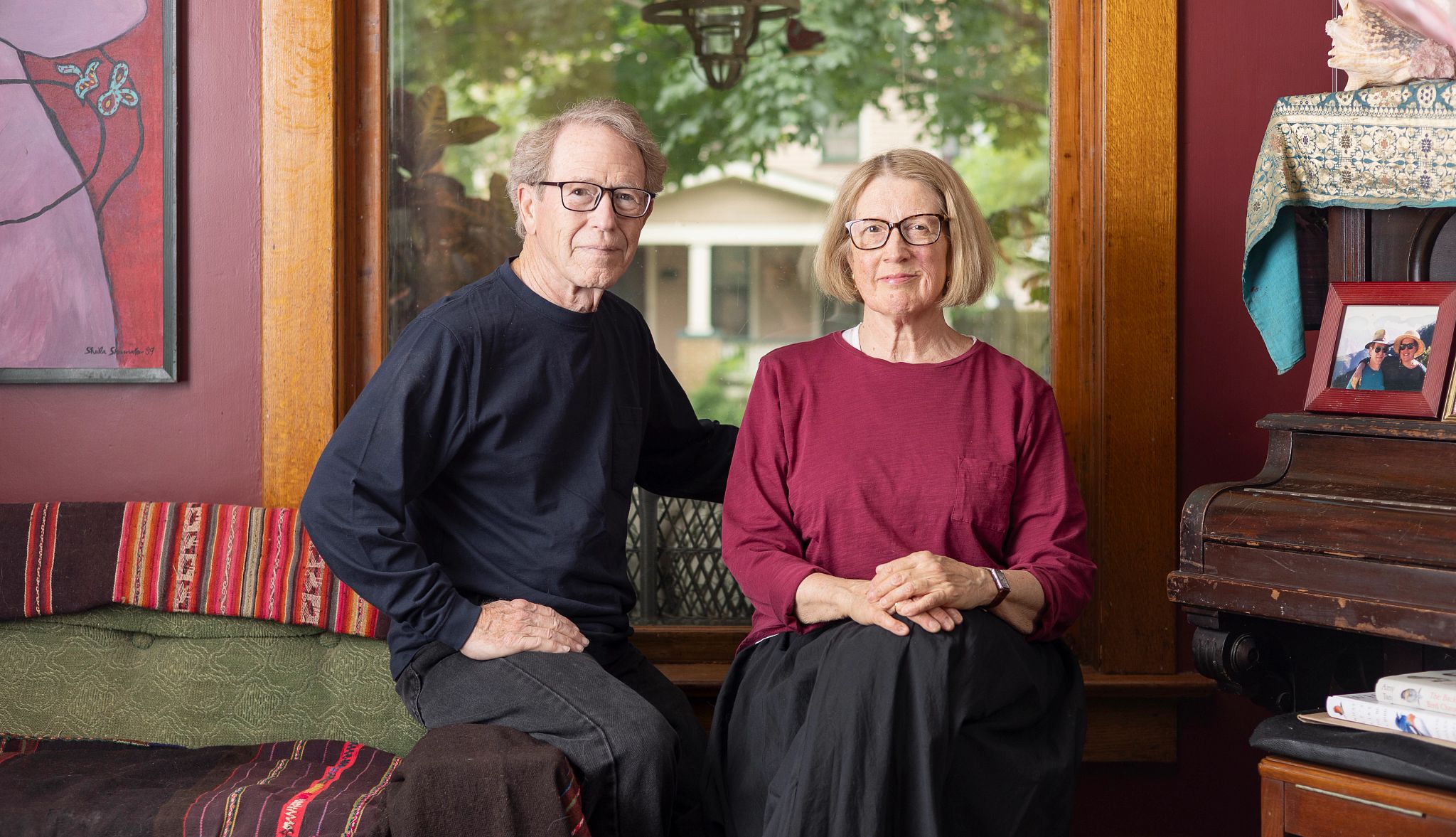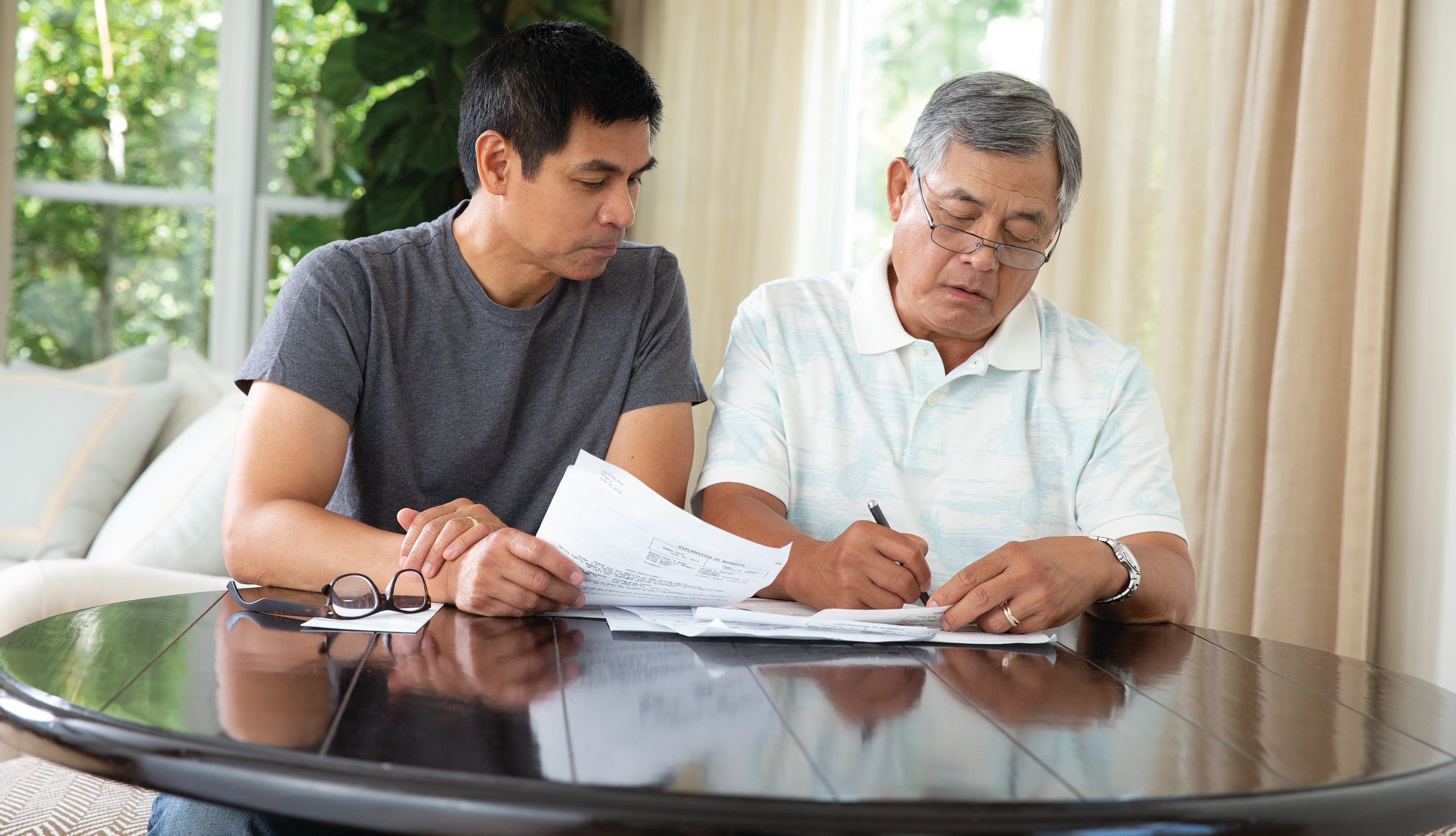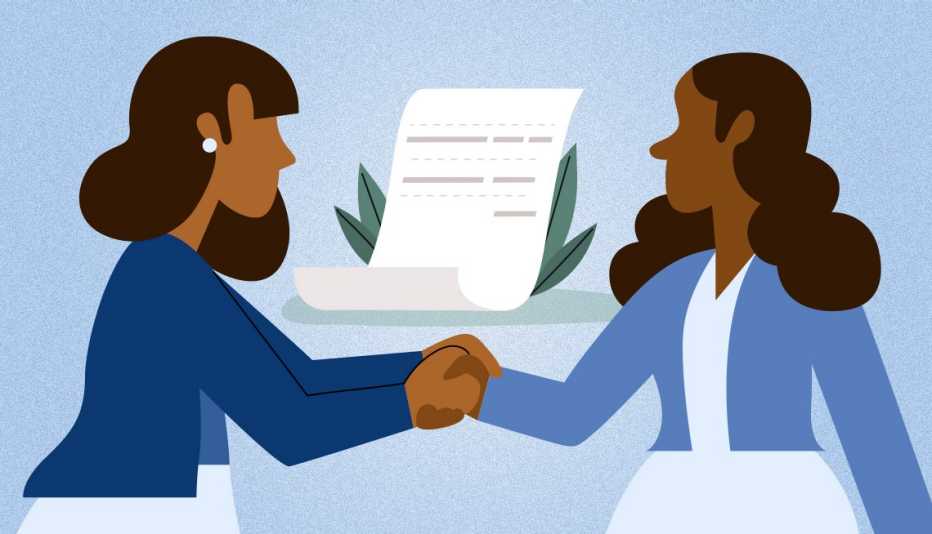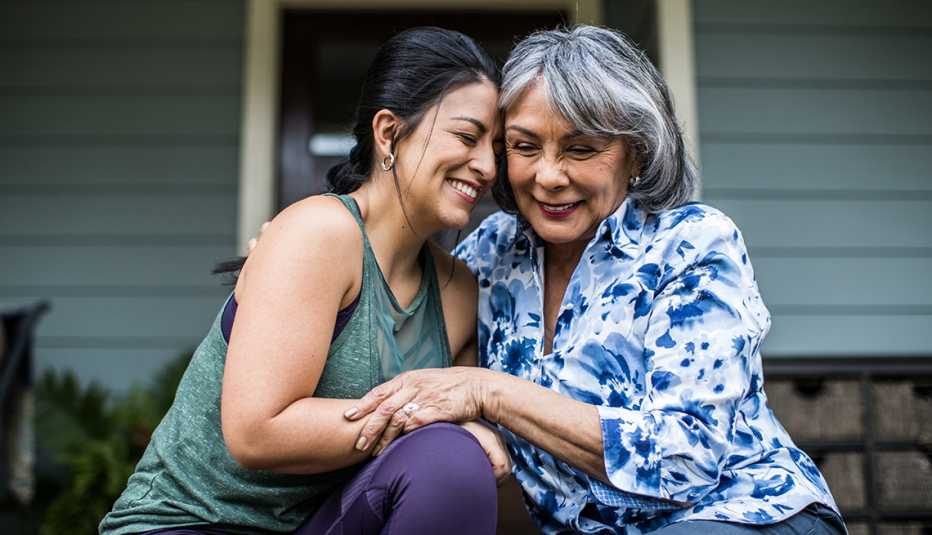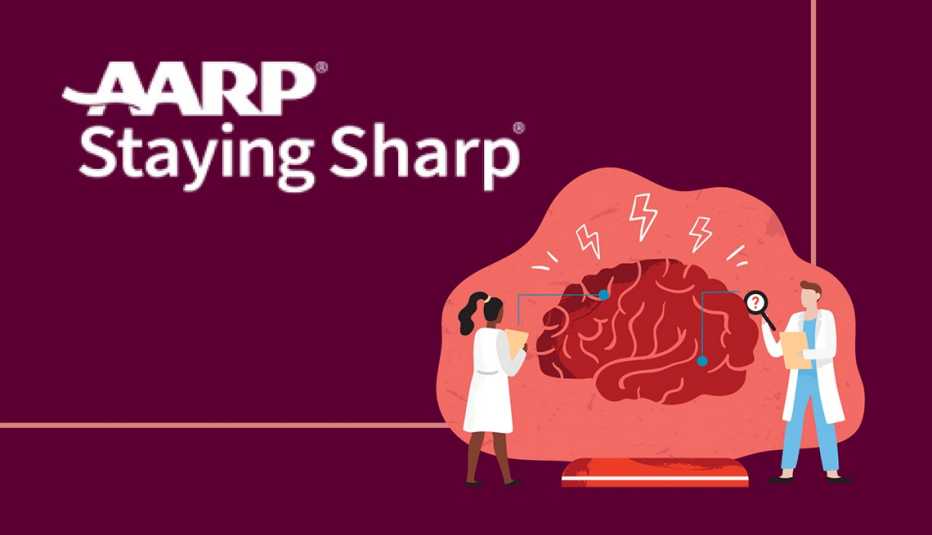AARP Hearing Center
CLOSE
Search
Popular Searches
Suggested Links
Leaving AARP.org Website
You are now leaving AARP.org and going to a website that is not operated by AARP. A different privacy policy and terms of service will apply.
Financial and Legal
Learn how to manage caregiving finances and obtain legal caregiving documents including advance care directives, long-term care insurance, wills and powers of attorney
Explore hundreds of AARP benefits, including a wide range of discounts, programs and services.
Legal Documents and Records
Financial Workbooks for Caregivers
AARP in Your State
Find AARP offices in your State and News, Events and Programs affecting retirement, health care and more.






























































